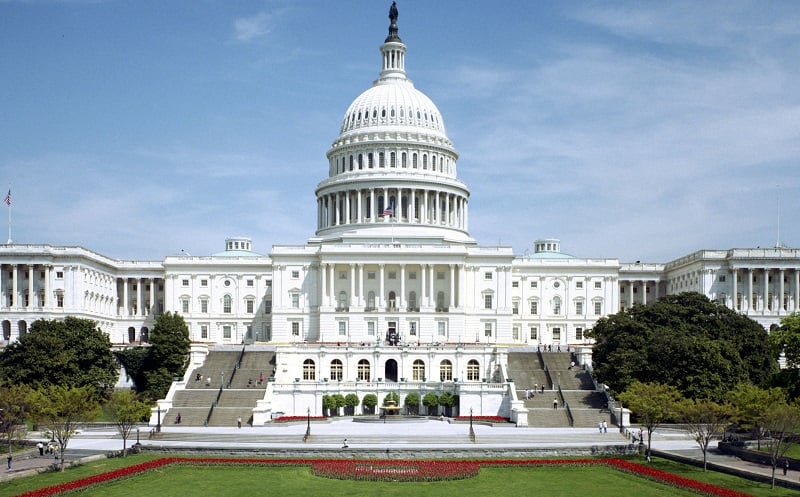"The original problems with the rule remain, and the supplemental proposal expands the scope of the rule to cover all scientific data, which could include, “environmental fate studies, bioaccumulation data, water-solubility studies, environmental fate models, engineering models, data on environmental releases, exposure estimates, quantitative structure activity relationship data, and environmental studies.” This expansion could result in eliminating many scientific studies from EPA’s consideration if those studies failed to provide underlying data; some of these studies are the basis of EPA’s regulations such as the National Ambient Air Quality Standards under the Clean Air Act. This is also directly in contrast to EPA’s previous statements that “Whether research data are fully available to the public or available to researchers through other means does not affect the validity of the scientific conclusions from peer-reviewed research publications.” It is deeply troubling that, if this rule were codified, EPA would not use the “best available science,” to inform its decisions and protect the public’s health."
 Read the Full Letter
Read the Full Letter
We rely on your voice to advocate for our policy priorities. Join us to show our strength as a community that cares about endocrinology. Contact your US representatives or European Members of Parliament through our online platform. Take action and make a difference today.